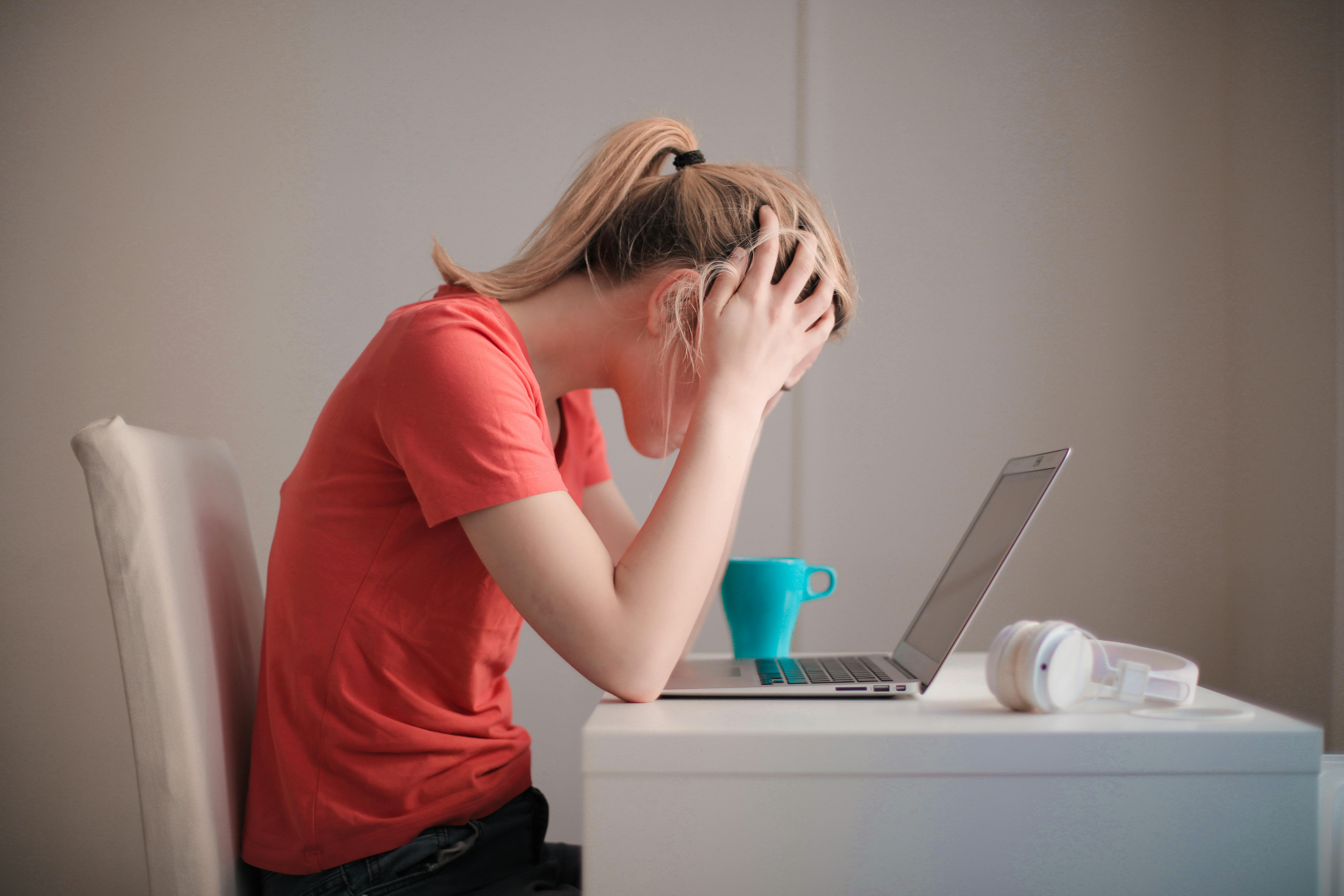5 Surprising Back Pain Triggers
November 1, 2024
When it comes to back pain, many of us blame poor posture, heavy lifting, or a bad mattress. But what if we told you that some triggers are less obvious. Research has shown that our back health can be influenced by many surprising factors, including our mental state and daily habits. Let’s explore five lesser-known back pain triggers and simple tips to help you mitigate them.

1. Stress and Emotional Health
Most people don’t realise that psychological stress can significantly impact physical health, particularly the back. Stress can lead to muscle tension, causing aches in the lower back, shoulders, and neck. Chronic stress may even trigger back pain flare-ups, as suggested in the European Spine Journal by Kjaer et al. (2007), which found that mental and emotional stress significantly raises the risk of chronic back pain. Stress-related muscle tension creates stiffness in key back-supporting muscles, which can persist and worsen over time if left unchecked.

Suggestion: Consider adopting stress-relieving practices like mindfulness meditation, regular exercise, or yoga. Even just 10 minutes a day dedicated to deep breathing exercises or mindful stretching can work wonders for reducing tension and keeping stress-induced back pain at bay.
2. Poor Hydration
Hydration is essential for maintaining spinal disc health, yet it’s often overlooked in back pain management. Our spinal discs, which act as shock absorbers, are composed primarily of water. Research published in the Journal of Spinal Disorders & Techniques indicates that dehydration causes spinal discs to lose their cushioning ability, increasing the risk of discomfort and pain. Proper hydration can help prevent spine rigidity, making it an essential part of back care.

Suggestion: Keep hydrated throughout the day by aiming for around 8 glasses of water daily (or more if you're physically active). Consider setting hourly reminders or using a large, reusable water bottle with markings to track your intake.
3. Inadequate Sleep Quality
Sleep isn’t just for recharging your brain; it’s also vital for muscle and tissue repair. Poor-quality sleep can increase sensitivity to pain, reduce physical recovery, and weaken the muscles supporting the spine, making back pain more likely. Research in Sleep Medicine Reviews has found that sleep deprivation is closely linked to increased pain sensitivity and reduced tolerance to discomfort. Insufficient sleep can also exacerbate stress, which, as we now know, can contribute to back issues.

Suggestion: Prioritise quality sleep by establishing a regular sleep schedule, avoiding screens before bed, and ensuring your mattress and pillow support a healthy spinal alignment.
4. Vitamin D Deficiency
Vitamin D is crucial for bone health, and deficiency in this nutrient has been associated with an increased risk of musculoskeletal pain, including in the lower back. According to a study in the British Journal of Pain, low levels of vitamin D are linked with higher rates of chronic lower back pain, especially in those with sedentary lifestyles. Vitamin D plays a role in calcium absorption, which keeps the spine strong and less prone to injury.

Suggestion: Aim for a balanced diet rich in vitamin D, including foods like fatty fish, fortified dairy, and eggs. Regular sunlight exposure also helps boost vitamin D levels, though supplements are a good option for those living in low-sunlight areas.
5. Sedentary Lifestyle (Especially Desk Work)
Spending long hours at a desk might not sound physically taxing, but prolonged sitting can cause back pain over time. Sitting for hours compresses the spine, stiffens hip flexors, and weakens core muscles that support your back. The lack of movement can also reduce circulation to spinal tissues, leading to discomfort. The Journal of Applied Ergonomics found that prolonged sitting is associated with a significantly increased risk of back pain, especially among desk-based professionals.

Suggestion: Try the 30/30 rule—stand up or move every 30 minutes to relieve the pressure on your spine. Simple desk stretches, short walks, or quick standing breaks can help counteract the effects of prolonged sitting.
Back pain is a complex condition influenced by more than just physical factors. The links between stress, hydration, sleep, and even our daily routines emphasise the importance of a holistic approach to managing and preventing back pain. If you’re struggling with back pain, consider addressing these unconventional triggers alongside traditional treatments. Simple lifestyle changes can make a big difference in alleviating pain and improving back health.